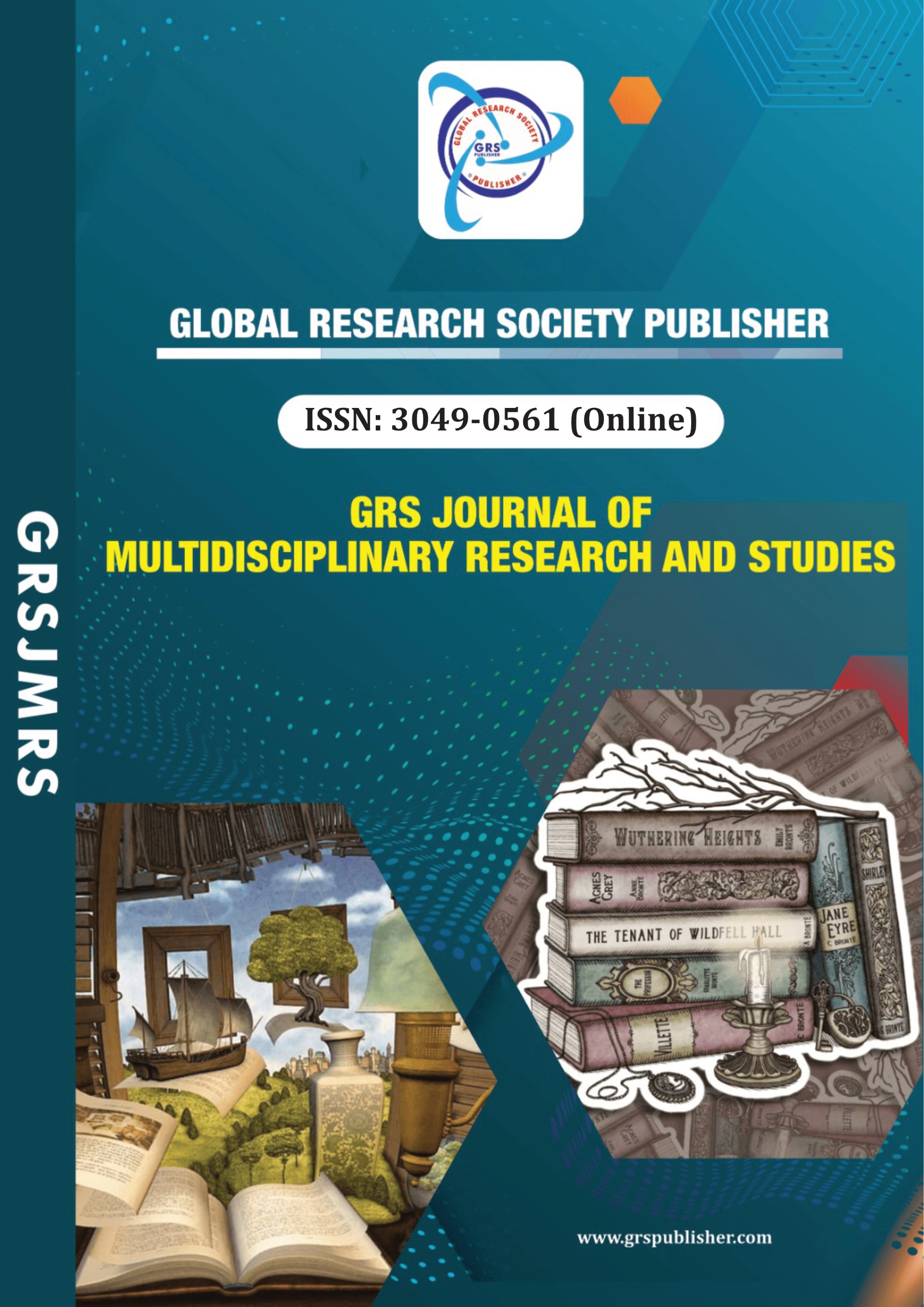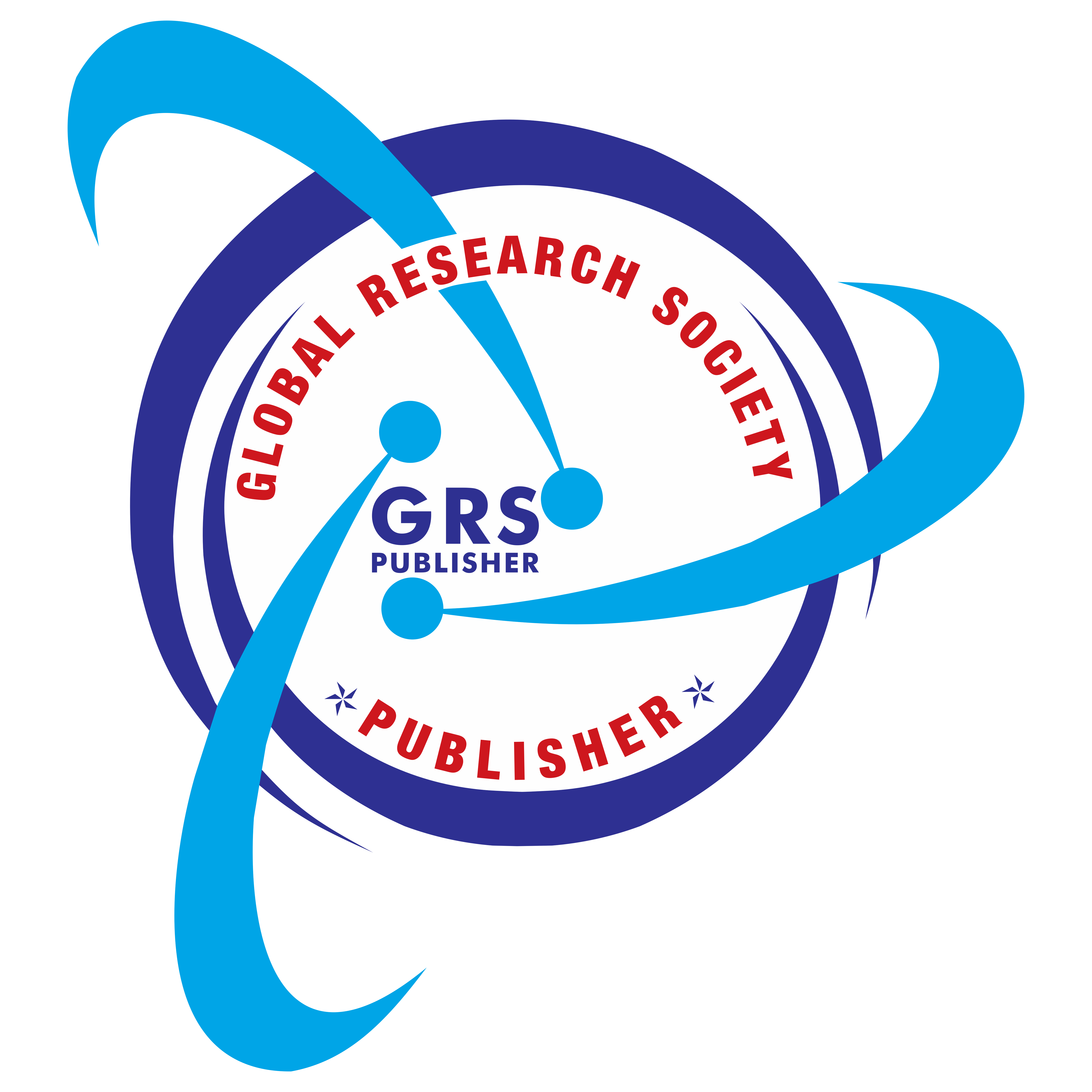International Law and Nuclear Right
Sr No:
2
Page No:
8-12
Language:
English
Licence:
CC BY-NC 4.0
Authors:
Dr. Mehmet Uçkaç, PhD* & Prof, Dr. Mohammad Ekram YAWAR
Published Date:
2025-01-02
Abstract:
The global imperative to curtail the proliferation of nuclear weapons and ultimately achieve their total elimination has precipitated the adoption of a strategic framework that incentivizes and facilitates the use of nuclear technology for peaceful purposes. This policy has demonstrably mitigated the risk of widespread atomic weapons development on a global scale. Nonetheless, recent uranium enrichment and reprocessing activities by non-nuclear-weapon states have generated profound international disputes. These states contend that deficiencies and gaps in the safeguards administered by the International Atomic Energy Agency (IAEA), as well as limitations within the Treaty on the Non-Proliferation of nuclear weapons (NPT), should not be invoked to obstruct their legitimate pursuit of peaceful nuclear technology.
Under the NPT, non-nuclear-weapon states are categorically precluded from acquiring nuclear weapons and are bound to rigorously comply with the obligations articulated in Articles 2 and 3 of the Treaty. These obligations include the coordination and adherence to IAEA monitoring and verification mechanisms to ensure that nuclear activities remain exclusively for peaceful purposes. In return for assuming these stringent responsibilities, non-nuclear-weapon states are entitled to fully realize the benefits and privileges of treaty membership, including unimpeded access to nuclear technology for peaceful applications.
Keywords:
Nuclear Energy, Sovereign Rights, Peaceful Use, Non-Proliferation Treaty (NPT).
Journal: GRS Journal of Multidisciplinary Research and Studies
ISSN(Online): 3049-0561
Publisher: GRS Publisher
Frequency:
Monthly
Language:
English

